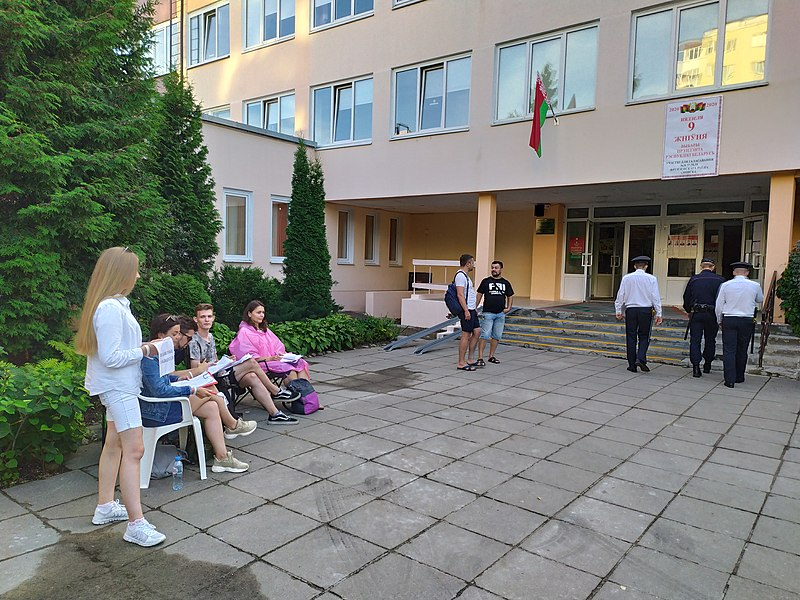Lukashenka’s Populist Tactics and Repression: Undermining Democracy Ahead of the 2024 Election Campaign
 The situation has not changed
The situation has not changed

Lukashenka is trying to boost his popularity with older voters and in rural areas with populist rhetoric and criticism of his officials. The repressive apparatus continues to compel loyalty and depoliticisation in the run-up to the 2024 election campaign. The ruling clique ignores the electoral sovereignty of voters in the formation of representative bodies.
The head of state gave a “dressing down” to officials regarding the quality of medical services in the regions.
The number of people who are economically active has been decreasing, and personnel shortages are increasing. However, the government does not see this as a problem and seems satisfied with the labour market situation. Maintaining unemployment at about 3.8% is acceptable for the Belarusian leadership, given sanctions and economic collapse. The government has complete control over the trade union movement, while security forces suppress public demonstrations of discontent. Surplus workers are regulated by emigration.
Regime security forces continue to suppress opponents and supporters of change through incessant roundups, detentions, arrests and intimidation measures.
State Control Committee and Prosecutor General’s Office officials are discussing restrictions for small businessmen and increased penalties, provoking discontent among private businesses regarding the regulation of the economy. The KGB and state propaganda have identified the “culprits” for vegetable price rises as private firms.
Security forces are involved in reshaping the transport services market. The traffic police and the Transport Inspectorate have intensified checks, confiscating dozens of private buses.
Lukashenka’s forces are trying to undermine dissidents with public declarations of loyalty from sporting opinion leaders who condemned the regime during the 2020 protests.
The Central Election Commission is preparing the ground for the 2024 election campaign for local councils and parliament. The ruling clique declares electoral sovereignty, which implies restricting public participation in elections and limiting the influence of voters on the All-Belarusian People’s Assembly, the National Assembly and local government bodies. For example, only five large GoNGOs will be able to nominate civil society delegates to the National Assembly.
Thus, the ruling class hopes to reduce the risk of post-election protests by making the electoral system even more closed.
Subscribe to our newsletter




Situation in Belarus
Constitutional referendum: main consequences


 Video
Video
How to count the political prisoners: are the new criteria needed?


 Video
Video
Paternalism In Decline, Belarusian Euroscepticism, And The Influence Of Russia


 Video
Video












